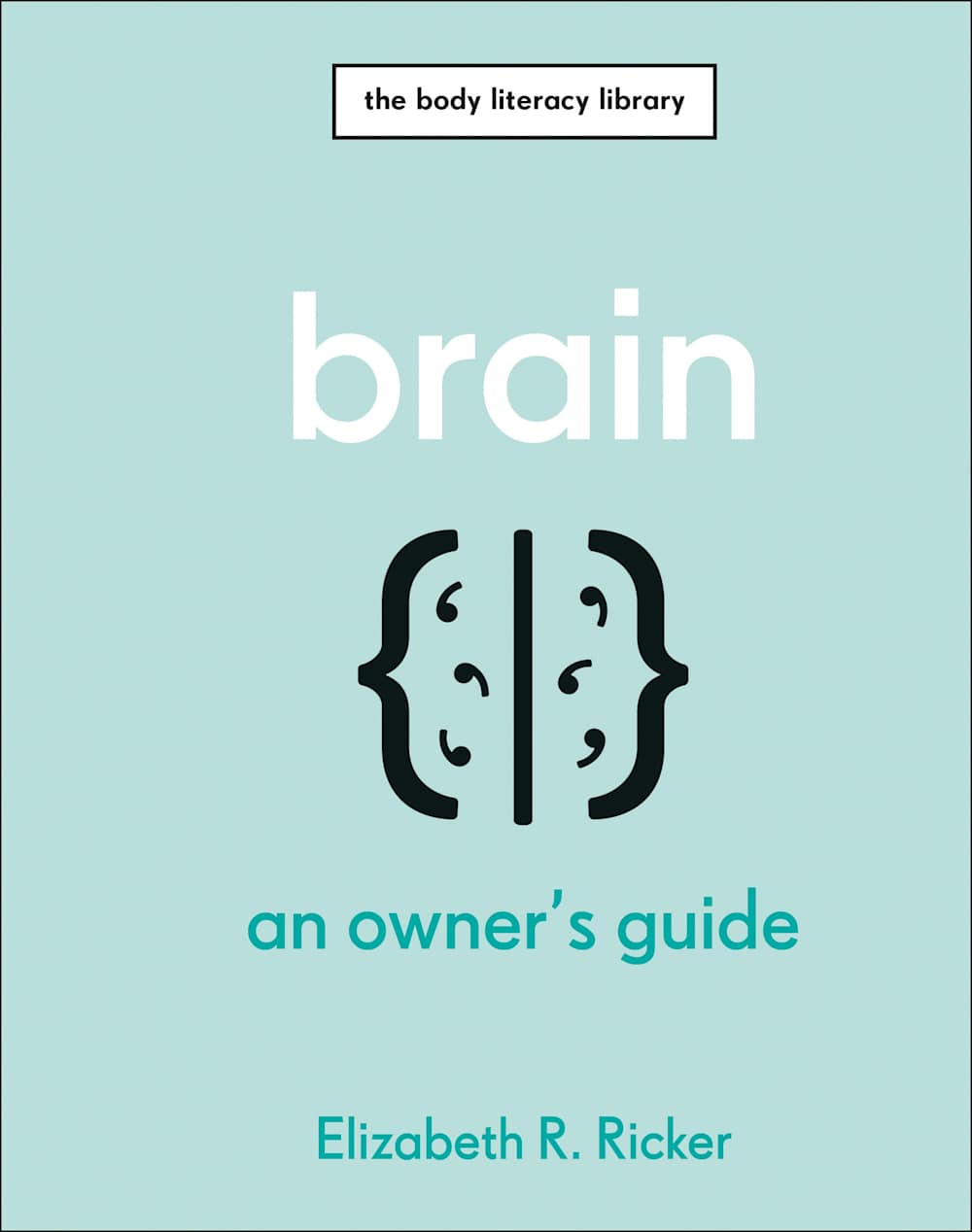How Sleep Transforms Short-Term Memories into Long-Term Knowledge

Elizabeth R. Ricker
Published: April 15, 2025 · 9 min read

We spend roughly a third of our lives asleep, yet this seemingly passive state is far from idle time for our brains. During sleep, a fascinating biological process transforms fragile short-term memories into robust long-term knowledge—a process neuroscientists call "memory consolidation." Let's explore how this nightly transformation works and how you can optimize it to enhance your learning.
The Two-Stage Model of Memory Formation
For over a century, scientists have been investigating the relationship between sleep and memory. The current consensus is best described by what's called the "two-stage memory model," which explains how information moves from temporary storage to long-term knowledge.
When you first encounter new information—whether reading a book, learning a skill, or having a conversation—your brain initially encodes this information into a temporary store. For declarative memories (facts and events), this temporary store is primarily the hippocampus, a seahorse-shaped structure deep in your brain.
However, the hippocampus isn't meant to be the final storage location. During sleep, these newly encoded memories are gradually transferred to more permanent storage in the neocortex—the wrinkled outer layer of the brain responsible for higher-order functions like language, perception, and abstract thinking.
This transfer process is what we call memory consolidation, and it happens primarily while you're asleep.
Sleep Stages and Memory: A Complex Partnership
A healthy adult's sleep cycle consists of four distinct stages that repeat throughout the night:
- Stage 1 & 2: Light non-REM (NREM) sleep
- Stage 3: Deep NREM sleep, also called slow-wave sleep (SWS)
- REM sleep: Rapid eye movement sleep, when most dreaming occurs
Contrary to what you might expect, different types of memories are consolidated during different sleep stages. The most critical for memory consolidation are slow-wave sleep (SWS) and REM sleep, which work together in a complementary fashion.
How Sleep Stages Work Together
Slow-Wave Sleep (SWS): Primarily responsible for consolidating declarative memories (facts, events, explicit knowledge)
REM Sleep: More involved in procedural memories (skills, habits, implicit knowledge) and emotional processing
Memory Replay: The Brain's Night Shift
One of the most fascinating discoveries in neuroscience is that during sleep, your brain actually "replays" the neural firing patterns from your waking experiences. This replay happens during slow-wave sleep, when your hippocampus reactivates the patterns of neural activity associated with experiences you had while awake.
This replay serves a crucial purpose: it transfers information from the temporary hippocampal store to more permanent neocortical networks. With each replay, connections between neurons in the neocortex are strengthened, gradually building a stable, long-term representation of the memory.
This process doesn't just duplicate memories—it transforms them. As memories move from the hippocampus to the neocortex, they're integrated with existing knowledge. The brain extracts general patterns and rules while discarding excessive details. This is why sleep helps us grasp the big picture concepts and underlying principles rather than just memorizing isolated facts.
The Orchestration of Sleep Oscillations
The transfer of memories during sleep relies on a precisely choreographed interplay of different brain rhythms or "oscillations." Three key players in this neurophysiological dance are:
- Slow oscillations: Large, slow waves that originate in the neocortex during slow-wave sleep
- Sleep spindles: Brief bursts of fast activity generated by the thalamus
- Sharp-wave ripples: High-frequency oscillations that occur in the hippocampus
These three rhythms synchronize during slow-wave sleep, creating brief windows of heightened brain plasticity. During these windows, hippocampal content (your day's experiences) can be effectively transferred to neocortical networks for long-term storage.
Research has shown that the coordination between slow oscillations and sleep spindles is particularly crucial for declarative memory consolidation. When these oscillations are more tightly coupled, memory performance the next day tends to be better.
Beyond Storage: Sleep-Dependent Memory Transformation
Sleep does more than just strengthen memories—it actively reorganizes them. During sleep, the brain performs several sophisticated operations on our memories:
- Extraction of patterns and rules: Sleep helps identify commonalities across multiple memories, enabling us to recognize patterns and extract general principles
- Integration with existing knowledge: New memories become connected with related information already stored in the brain
- Selective preservation: Sleep prioritizes important information while gradually allowing less relevant details to fade
- Problem-solving: The restructuring of memories during sleep can lead to new insights and creative solutions
This is why we sometimes "sleep on a problem" and wake up with a solution. During sleep, your brain continues to work on problems in the background, reorganizing information in ways that can lead to new insights.
Did You Know?
One study found that participants who dreamed about a maze task during a nap showed ten times more improvement in the task afterward compared to those who didn't dream about it. This suggests that dream content might sometimes reflect the active memory processing occurring during sleep.
Sleep Disorders and Memory Disruption
Given sleep's critical role in memory consolidation, it's not surprising that sleep disorders can interfere with this process. Conditions like insomnia and sleep apnea are associated with memory problems.
Sleep apnea—characterized by repeated breathing interruptions during sleep—is particularly concerning. Research suggests it can interfere with memory consolidation, making it harder to recall autobiographical memories. More than 900 million people worldwide are estimated to suffer from sleep apnea, often without realizing it.
If you experience excessive daytime sleepiness, heavy snoring, or waking up gasping for air, consider consulting a healthcare provider about the possibility of sleep apnea.
Optimizing Sleep for Better Memory
Understanding the science of sleep-dependent memory consolidation allows us to strategically enhance our learning. Here are evidence-based techniques to optimize memory consolidation during sleep:
1. Prioritize Sleep Quantity and Quality
The foundation of effective memory consolidation is getting enough good-quality sleep. Aim for 7-9 hours of uninterrupted sleep, especially when learning new information. Even a single night of poor sleep can significantly impact memory formation.
2. Time Your Learning Strategically
Studies show that information learned shortly before sleep is better remembered than information learned earlier in the day. If you're studying for an exam or learning something important, reviewing the material in the evening, shortly before sleep, can enhance retention.
3. Use Pre-Sleep Review
Briefly reviewing key information right before bedtime can "tag" those memories for preferential processing during sleep. This doesn't mean intense studying right before bed (which can interfere with falling asleep) but rather a short, focused review of the most important points.
4. Leverage the "Testing Effect"
Rather than passively reviewing information before sleep, try to actively recall it. Self-testing (retrieving information from memory) before sleep has been shown to enhance sleep-dependent memory consolidation compared to simply re-reading material.
5. Consider Sleep's Role in Skill Learning
For procedural memories like motor skills, research suggests that sleep after initial practice is crucial for improvement. Whether learning a musical instrument, a sport, or a craft, make sure to get good sleep after practice sessions.
6. Maintain Consistent Sleep Patterns
Irregular sleep schedules can disrupt the normal architecture of sleep stages, potentially interfering with memory consolidation processes. Try to maintain consistent bedtimes and wake times, even on weekends.
In my research for Brain: An Owner's Guide, I found that even simple improvements in sleep hygiene can lead to significant enhancements in learning capacity and memory retention.
Conclusion: Sleep as Active Memory Processing
Far from being a passive state, sleep is a time of active memory processing—a crucial period when your brain sorts, strengthens, and reorganizes the day's experiences. By understanding and optimizing this process, you can enhance learning, problem-solving, and creativity.
This perspective represents a dramatic shift from earlier views of sleep as merely a restorative state. As neuroscientist Susan J. Sara noted, sleep is a critical time for "memory consolidation and reconsolidation"—an active process that transforms fragile short-term memories into robust, integrated knowledge.
The next time you're learning something important, remember that your sleep following that learning period is just as crucial as the learning itself. Your brain continues to work while you rest, transforming today's experiences into tomorrow's knowledge.
Want to Learn More?
My book Brain: An Owner's Guide explores the fascinating relationship between sleep, memory, and learning in greater detail, with specific recommendations for optimizing your sleep-dependent memory processes.
How has sleep affected your learning experiences? Have you noticed differences in your memory when sleep-deprived versus well-rested? Share your thoughts in the comments!
References
- Klinzing, J. G., Niethard, N., & Born, J. (2019). Mechanisms of systems memory consolidation during sleep. Nature Neuroscience, 22(10), 1598-1610.
- Born, J., & Wilhelm, I. (2012). System consolidation of memory during sleep. Psychological Research, 76(2), 192-203.
- Diekelmann, S., & Born, J. (2010). The memory function of sleep. Nature Reviews Neuroscience, 11(2), 114-126.
- Sara, S. J. (2017). Sleep to remember. Journal of Neuroscience, 37(3), 457-463.
- Lewis, P. A., & Durrant, S. J. (2011). Overlapping memory replay during sleep builds cognitive schemata. Trends in Cognitive Sciences, 15(8), 343-351.
- Stickgold, R., & Walker, M. P. (2013). Sleep-dependent memory triage: evolving generalization through selective processing. Nature Neuroscience, 16(2), 139-145.
- Rasch, B., & Born, J. (2013). About sleep's role in memory. Physiological Reviews, 93(2), 681-766.

About the Author
Elizabeth R. Ricker is an MIT and Harvard-trained brain researcher and author of Brain: An Owner's Guide (DK/Penguin Random House) and the award-winning Smarter Tomorrow (Little, Brown Spark/Hachette).
Learn More
